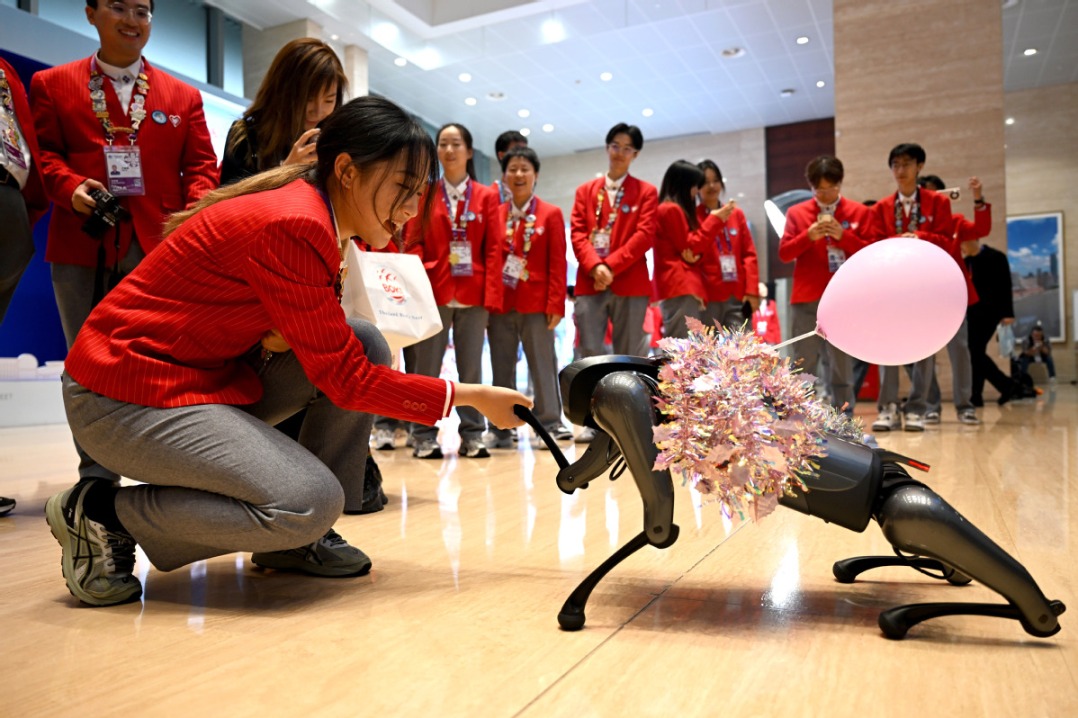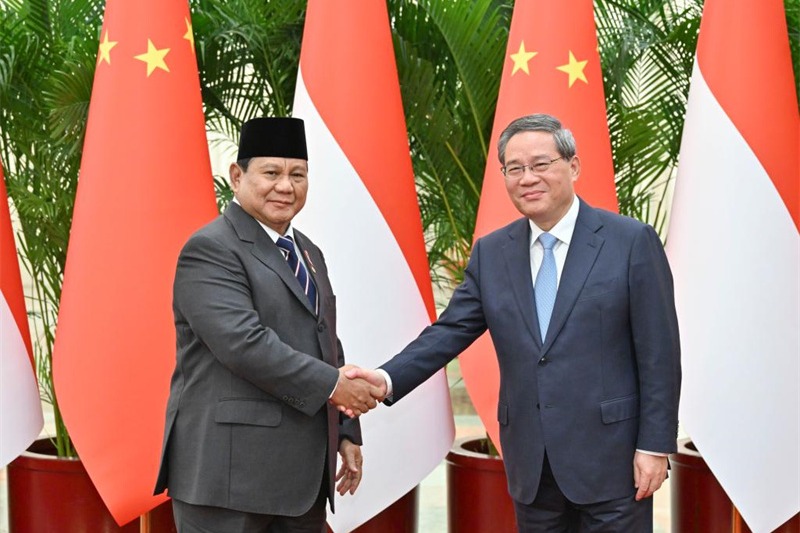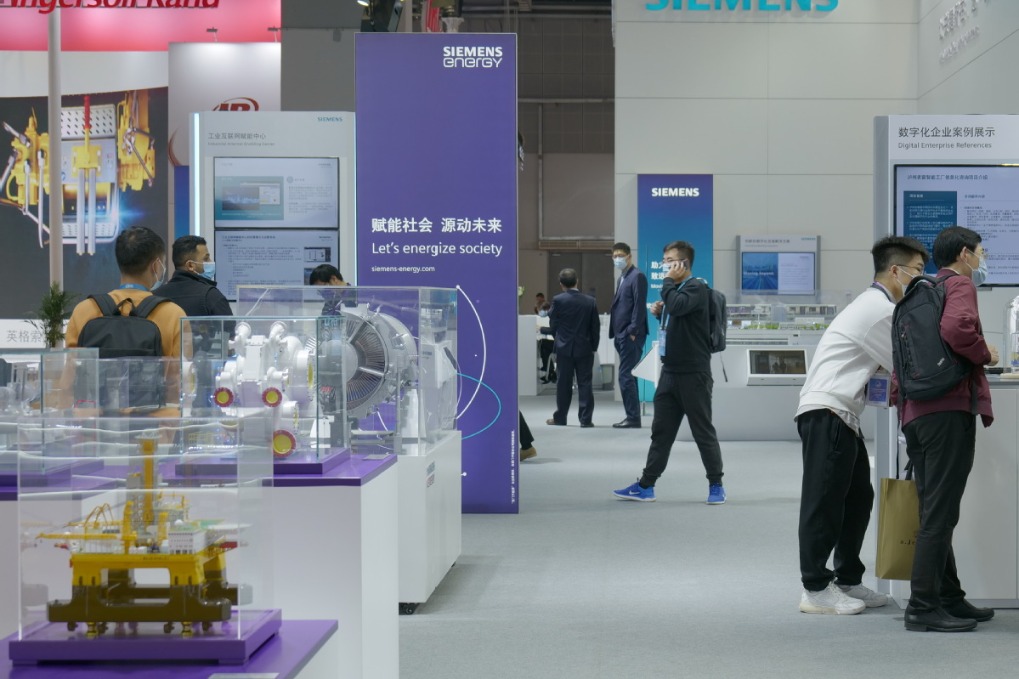List of 'global' Chinese brands ever growing
Miniso founder: 'Without courage, there's no success'


Chinese enterprises are transitioning from simple product exports to a broader model that includes supply chains, branding and cultural influence, according to enterprises and experts.
At the recent 2024 China Enterprise High Quality Overseas Forum in Beijing, experts and industry leaders shared insights into how Chinese companies can strategically expand globally, embracing high-quality development in increasingly complex overseas markets.
Long Yongtu, China's former chief negotiator for its entry into the World Trade Organization, highlighted the necessity of global expansion as part of China's economic evolution.
"When a country's economy reaches a certain level, and its enterprises mature, going global is a historical inevitability and a result of long-term and consistent reform and opening-up policies. For Chinese manufacturing, overseas expansion is not just an opportunity, but a vital stage in its growth," Long said.
Long said that forming strong local partnerships to reach mutual benefits and win-win scenarios is key to achieving stability.
He cited the example of the completion of the China-Laos Railway having helped make Laos a major exporter of durian.
"Now more than 95 percent of its durian sales are in China. Many investors invest in durian plantations in Laos to stimulate local economic development," said Long.
Bai Chong'en, dean of Tsinghua University's School of Economics and Management, which is celebrating its 40th anniversary this year, spoke on the importance of considering the perspectives of host countries.
"When companies go global, they should not only think from their own perspective, but also from others' perspective. This inclusiveness can enhance long-term capabilities, as companies gain new markets, talents, and partners," Bai said.
Bai also called for a dual focus on learning and contributing.
"As a multinational corporation, it's essential to learn from others, continuously enhance abilities and think about what Chinese enterprises can contribute globally. This exchange is mutually beneficial," he added.
As one of China's global pioneers, Lenovo's journey has become a model for other companies. Lenovo Group's Chairman and CEO Yang Yuanqing reflected on the company's 20-year global expansion, which began with its acquisition of IBM's PC business in 2004.
"This acquisition remains a significant milestone," he said.
Yang outlined Lenovo's "three pillars" for successful globalization — a robust supply chain, a global R&D system and a worldwide marketing network.
"These are essential capabilities that every Chinese company going global should develop," he said, adding that digital transformation and adherence to environmental, social and governance standards underpin these efforts.
Rooted in China, Lenovo's strategy has focused on expanding internationally while empowering operations domestically.
"Lenovo's production, research and development, and workforce remain largely in China. Through overseas market engagement, we can contribute vitality to China's economic growth," Yang said.
For companies aiming to succeed internationally, Yang offered three suggestions — focus on building globally recognized brands through localized product innovation, establish resilient supply chains close to target markets, and foster a positive corporate image through community collaboration.
"Going global is more than just expanding abroad. It's about becoming a respected part of local markets," he said.
Zhejiang Geely Holding Group, China's largest private carmaker, has demonstrated steady growth in overseas markets, achieving 40 percent in terms of the number of cars sold and more than 50 percent of sales revenue recorded abroad last year.
Geely CEO Li Donghui cited the company's emphasis on innovation as a driver of global competitiveness. The company has set up 10 research centers globally.
"Technological innovation is core to going global," Li said, noting the importance of balancing global reach with localized approaches.
Geely focuses on regional coordination, ensuring that globalization and localization complement each other, contributing to local industry development.




































